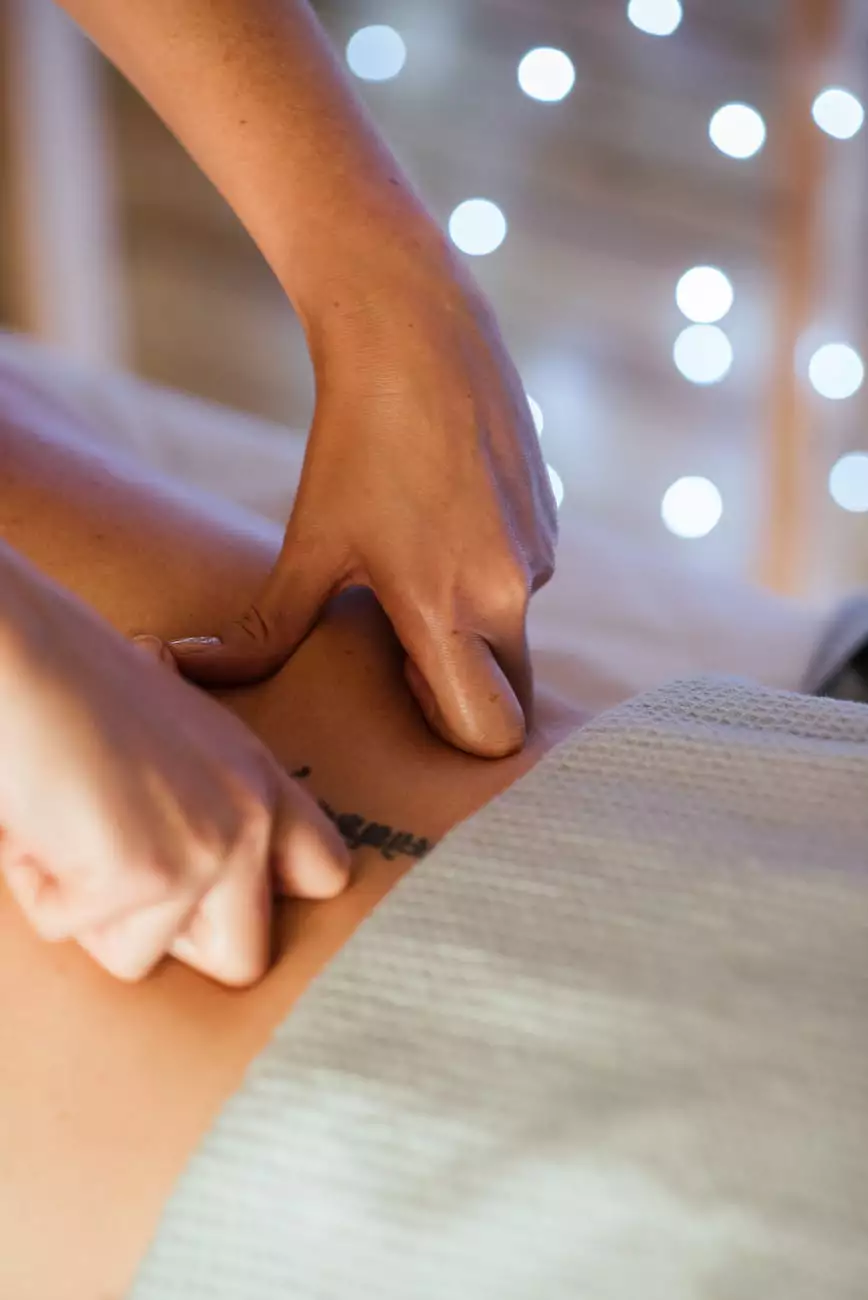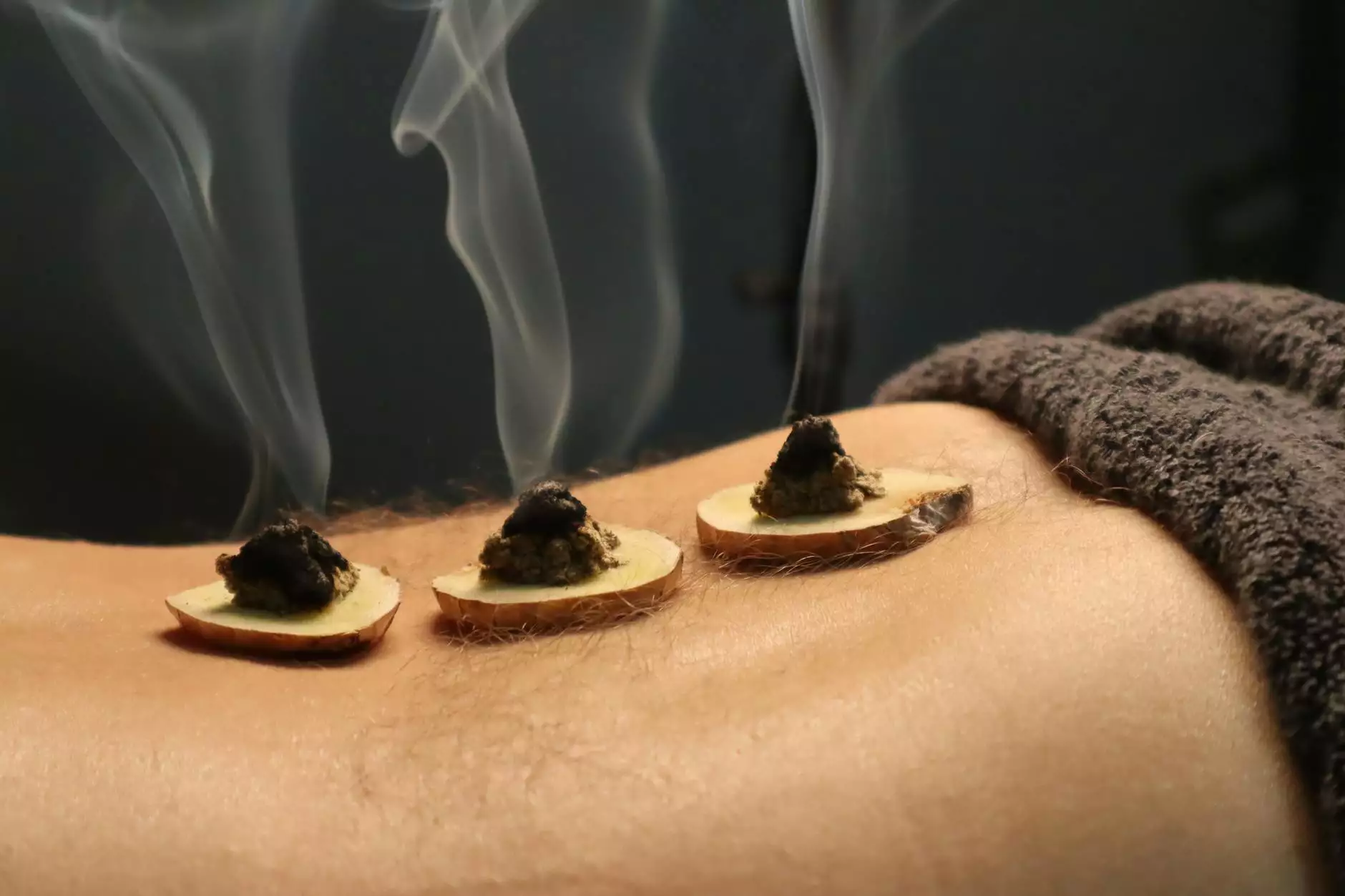Which Muscle Relaxer Is the Strongest?
Services
About Benjamin Shettell, MD
As a highly skilled and experienced healthcare professional specializing in bones, joints, and muscles, Benjamin Shettell, MD is dedicated to providing valuable insights and expert advice regarding muscle relaxers. With years of experience in treating patients with muscle-related issues, Dr. Shettell is committed to helping individuals find the most effective muscle relaxer to alleviate pain and promote overall well-being.
Understanding Muscle Relaxers
Muscle relaxers, also known as skeletal muscle relaxants, are medications that help relieve muscle pain, tension, and spasms. They work by targeting the central nervous system and depressing nerve activity, resulting in muscle relaxation. These medications can be prescribed to individuals experiencing muscle spasms caused by various conditions, such as:
- Back pain
- Neck pain
- Injury-related muscle spasms
- Fibromyalgia
- Multiple sclerosis
- And more
The Strongest Muscle Relaxers and Their Effectiveness
When it comes to identifying the strongest muscle relaxer, it is important to consider various factors, including the medication's mechanism of action, potential side effects, effectiveness in relieving pain and muscle spasms, and individual patient needs. Here, we discuss some commonly prescribed muscle relaxers and their strengths:
Baclofen
Baclofen is a muscle relaxer that works by inhibiting nerve signals from the spinal cord to the muscles. It is often prescribed for conditions such as multiple sclerosis and spinal cord injuries. Baclofen is known for its strong muscle-relaxing properties and ability to reduce pain associated with muscle spasms.
Tizanidine
Tizanidine is a muscle relaxer that acts by blocking nerve impulses that cause muscles to contract. It is commonly used to treat conditions such as muscle spasms, spasticity, and chronic migraines. Tizanidine provides potent muscle relaxation and helps in relieving pain effectively.
Methocarbamol
Methocarbamol is a muscle relaxant that works by depressing the central nervous system, resulting in muscle relaxation. It is frequently prescribed for acute muscle injuries, strains, and sprains. Methocarbamol is known for its strong effectiveness in relieving muscle pain and promoting a speedy recovery.
Cyclobenzaprine
Cyclobenzaprine, also known as Flexeril, is a muscle relaxer commonly prescribed for short-term relief of muscle spasms caused by musculoskeletal conditions. It works by blocking nerve signals responsible for muscle contractions. Cyclobenzaprine is renowned for its potent muscle-relaxing effects and ability to promote restful sleep.
Consulting with Benjamin Shettell, MD
Choosing the right muscle relaxer requires a comprehensive understanding of your specific condition and medical history. Consulting with a trusted healthcare professional like Benjamin Shettell, MD can provide you with personalized guidance and recommendations tailored to your needs. Dr. Shettell will thoroughly evaluate your symptoms, discuss potential treatment options, and help you make an informed decision about the strongest muscle relaxer for your unique situation.
Conclusion
When it comes to finding the strongest muscle relaxer, it is crucial to consider multiple factors, including the medication's mechanism of action, potential side effects, and individual patient needs. Benjamin Shettell, MD, a renowned expert in bones, joints, and muscles, offers valuable insights and personalized recommendations to help individuals find the most effective muscle relaxer to alleviate pain, relax muscles, and improve overall quality of life. Consult with Dr. Shettell today to unlock the power of the strongest muscle relaxers.




